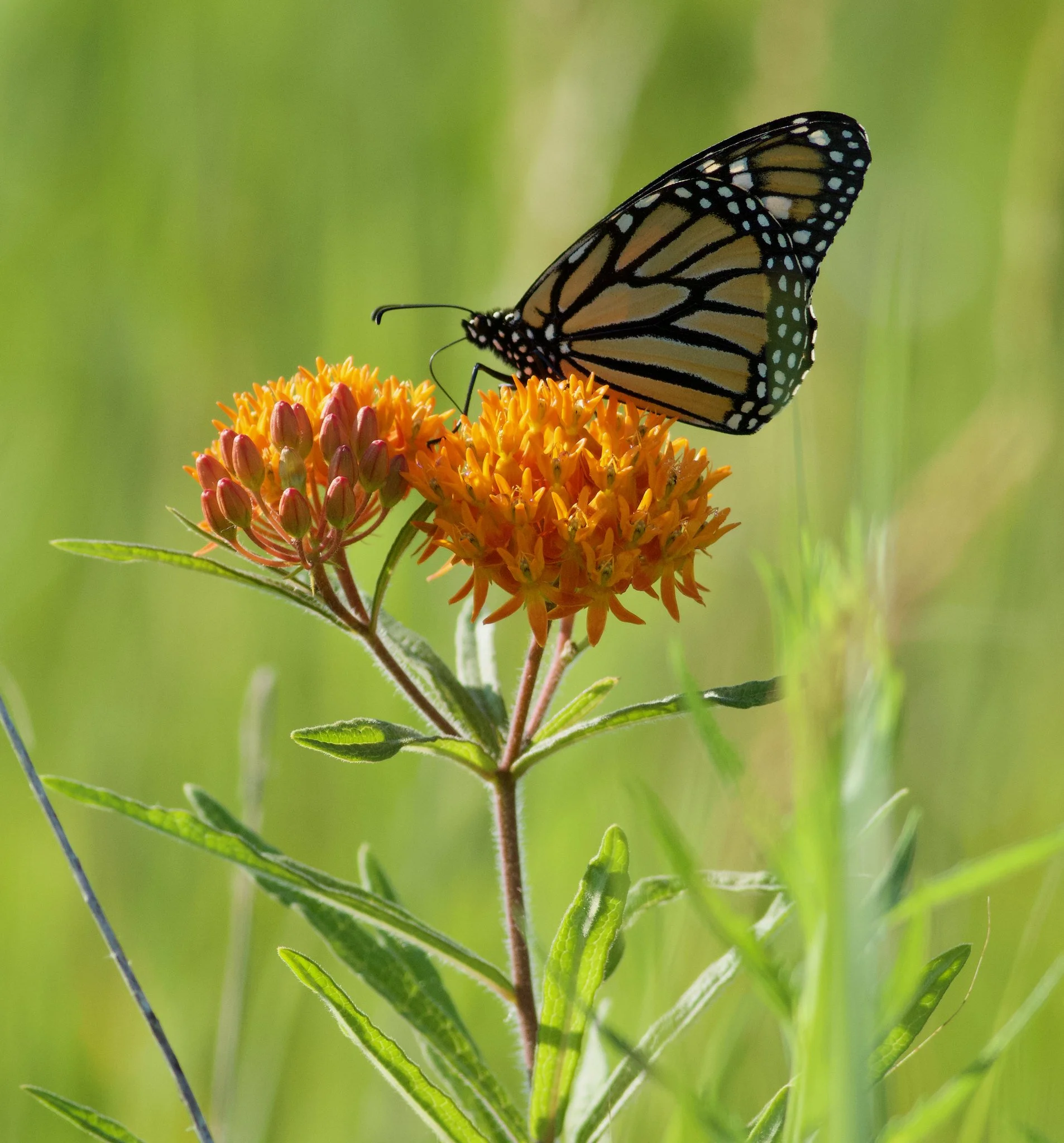Southern Wisconsin Bird Alliance’s position on Solar Farms
Southern Wisconsin Bird Alliance (or SoWBA, formerly Madison Audubon) understands the significant energy and climate issues we are all facing, and supports ecologically-responsible renewable energy solutions that reduce carbon emissions and increase equitable access to clean energy. Indeed, the well-being and sustainability of our society, wildlife habitats, and native species depend on it.
Yellow Warbler at Goose Pond Sanctuary. Photo by Arlene Koziol
Birds matter. Their habitats matter. We must advance green energy solutions, but we must be careful not to do so at the expense of birds and their habitats. Otherwise, benefits we might enjoy from renewables will represent a won battle but a lost war.
SoWBA recognizes there is no perfect solution to these problems, and the significant benefits of solar installations (e.g., climate change mitigation, prevention of soil erosion, improved water quality,) have to be balanced carefully against potential impacts. Ultimately, any renewable energy effort has to maximize its net positive impact through careful site-level and statewide planning and execution that ensures potential harms are eliminated or minimized.
Factors to consider include:
1. Solar Farms and Management: Renewable energy projects have the potential to benefit bird populations overall, particularly by reducing effects of global climate change which threaten more than 2/3 of North America’s bird species. Photovoltaic solar installations can play an important role in a needed transition to cleaner energy. But, projects must be sited and operated in a manner that minimizes impacts to the very wildlife and natural areas threatened by climate change. While solar installations like High Noon plant perennial vegetation among the panels, not all vegetation benefits wildlife. SoWBA would like to see that the low-maintenance perennial cover that will be planted will also provide benefits to pollinators.
2. Land Quality: Wisconsin is home to an incredible, valuable resource: high-quality soils that provide an abundance of food and wildlife habitat. Landowners have many factors to weigh in considering leasing their land for solar, and SoWBA fully respects their rights. SoWBA realizes it is necessary to preserve farmland for use in food production, as well as to protect wildlife habitat, which provides benefits to wildlife, public use, pollination services, carbon sequestration, erosion control, and water quality.
3. Siting: All renewable facilities, including photovoltaic solar, should minimize or avoid any potential negative impacts to wildlife, habitats, and ecosystem services through careful site selection and best management practices. There should be an adequate buffer around any permanently protected wildlife habitat (e.g., property owned by SoWBA, US Fish and Wildlife Service, and Wisconsin Department of Natural Resources) that is in close proximity to proposed solar installations. A buffer would help reduce the impact of prescribed burns or wildfires on both the solar installation and protected areas. In addition, SoWBA prefers that solar panels be installed on existing infrastructure (e.g., buildings). For example, SoWBA has installed 35 solar panels at two of our wildlife sanctuaries, and an additional 15 will be installed by the end of 2022, all placed either on or next to existing buildings. However, we recognize that large solar installations are needed to meet the scale necessary to combat climate change. Therefore, we encourage state-level leadership on strategic placement and best management practices for siting renewable solar facilities throughout Wisconsin.
A monarch butterfly on butterfly milkweed. Photo by Arlene Koziol
Ultimately, global climate change represents an existential threat to birds and wildlife. We must diligently and thoughtfully tackle this problem - together and now. SoWBA supports green energy solutions that will help slow the rise of global temperatures and protect society, birds, and wildlife habitats. SoWBA seeks to work with solar companies and landowners alike to find the most inclusive, sustainable, and thoughtful solutions for placement of solar panels.
With questions, please contact us at info@swibirds.org.
Banner photo: A beautiful Goose Pond Sanctuary prairie in full bloom. Photo by Arlene Koziol





